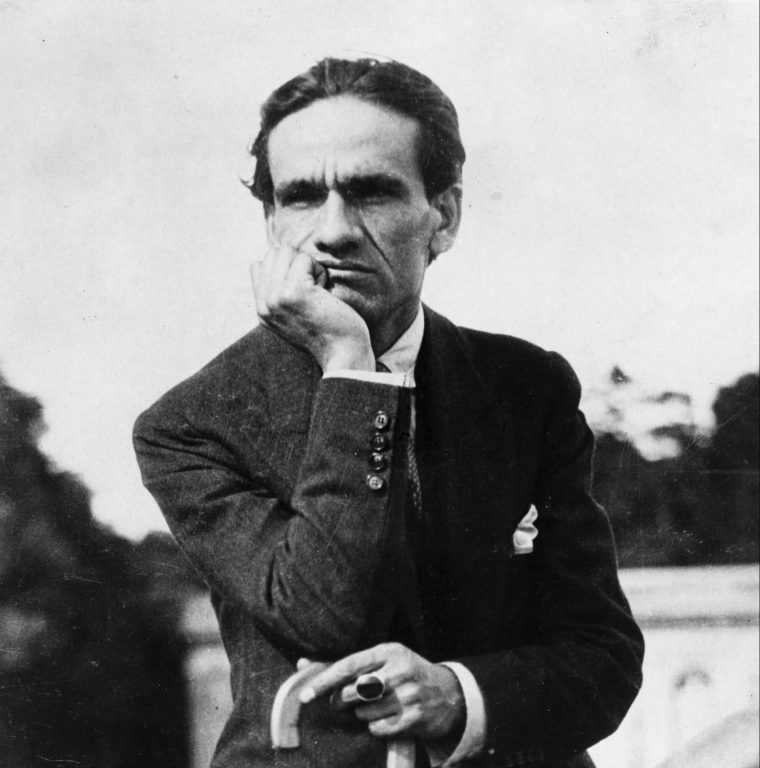The opening line of this section of the poem sequence “Return from London” startles, as it depicts startled creatures. What happens after that?
Understated but carefully, succinctly and profoundly deployed pathetic fallacy comforts us after that initial jolt. We might have felt that first line as light blinding our own eyes, or as a sympathetic…
The opening line of this section of the poem sequence “Return from London” startles, as it depicts startled creatures. What happens after that?
Understated but carefully, succinctly and profoundly deployed pathetic fallacy comforts us after that initial jolt. We might have felt that first line as light blinding our own eyes, or as a sympathetic reaction to the imagined animals being blinded. Either way, what follows ameliorates that jolt.
We’ve explored the poetic method of pathetic fallacy before, in pieces such as the excerpt from Di Brandt’s poem “Heart”. It is a practice whereby human feelings or responses are associated with nature, natural phenomena, animals or objects. While Brandt’s piece uses the method to heighten the emotion in her words, the same method in this selection from 2020 Griffin Poetry Prize winning Time, Sarah Rigg’s translation of the poetry written in French by Etel Adnan, seems to defuse or diffuse initially alarmed reactions and emotions.
From the blinding light, we understand the animals are awaiting the night. This not only evokes peace, but something protective in the form of a messiah, and maternal, in a messiah that is characterized as feminine.
The narrator then observes the sea, evoking more peace – you imagine rhythmic waves – and then it too evinces a human response by looking back at the narrator. Wait, maybe it’s not entirely peaceful, as the narrator realizes they should not get drawn into those waves, which are apparently fierce.
In the final stanza, someone is now empowered to control the lights that started this excerpt off so disruptively and startlingly. Sleep is coming which, again, suggests peace. The sun, that all-encompassing source of light, is on one hand kind with its kisses, but still leaves burns on one’s face.
On one hand, pathetic fallacy has been wielded here with a light touch, allowing the reader to experience and be touched by unalloyed innocence, embodied in the animals, the night, the sea and the sun. On the other hand, even innocence can inflict pain even if, in all innocence, it is done without malice.




